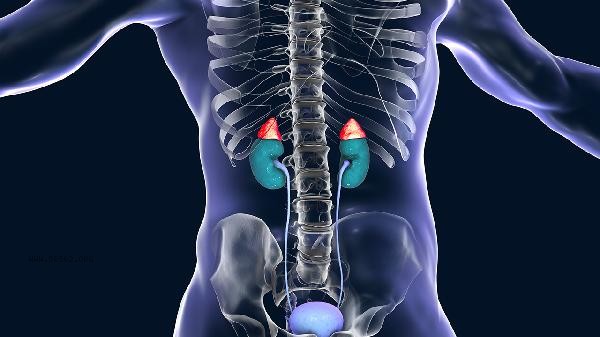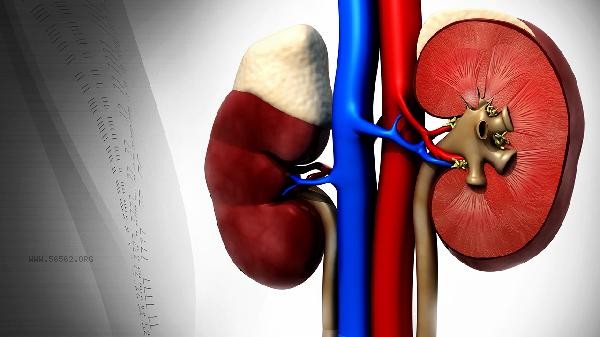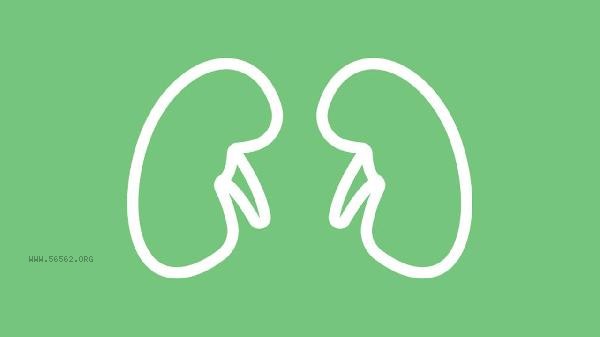The increase of urinary albumin to creatinine may be caused by physiological or pathological factors, mainly including strenuous exercise, dehydration, hypertensive nephropathy, diabetes nephropathy, primary glomerular disease, etc.

1. Intense exercise:
High intensity exercise may lead to temporary increase in urinary albumin excretion. During exercise, there are changes in renal hemodynamics, and the permeability of the glomerular filtration membrane briefly increases, usually recovering on its own within 24-48 hours. This type of situation does not require special treatment. It is recommended to replenish fluids and rest adequately after exercise. 2. Dehydration: When there is insufficient body fluid, urine concentration can cause a false increase in the detection value. Reduced blood volume leads to a decrease in glomerular filtration rate and an increase in relative albumin concentration. By drinking moderate amounts of water, correcting electrolyte imbalances, and re examination, most can restore normal levels. 3. Hypertensive nephropathy: Long term uncontrolled hypertension can damage the glomerular basement membrane. Elevated blood pressure leads to an increase in capillary pressure within the glomerulus, accompanied by symptoms such as dizziness and blurred vision. Commonly used antihypertensive drugs include valsartan and amlodipine, which should be accompanied by a low salt diet.
4. diabetes nephropathy:
The main cause is glomerular microvascular disease caused by hyperglycemia. Abnormal glucose metabolism leads to thickening of the basement membrane, which is initially manifested as microalbuminuria and may be accompanied by polydipsia and polyuria. Medications such as metformin and glimepiride can be used to control blood sugar.
5. Primary glomerular disease:

Damage to the glomerular filtration barrier caused by immune abnormalities. May be related to IgA nephropathy, membranous nephropathy, etc., often resulting in hematuria and edema. Renal puncture is required to determine the pathological type, and treatment includes glucocorticoids and immunosuppressants.
It is recommended to regularly monitor blood pressure and blood sugar, maintain a daily water intake of 1500-2000 milliliters, and avoid a high salt and high-fat diet. Moderate aerobic exercise such as brisk walking and swimming, 3-5 times a week. If there are persistent abnormalities or symptoms such as swelling and decreased urine output during re examination, it is necessary to seek timely medical attention from the nephrology department to complete quantitative urine protein and renal function tests. Smokers should quit smoking, and obese patients need to control their weight and reduce the metabolic burden on their kidneys.










Comments (0)
Leave a Comment
No comments yet
Be the first to share your thoughts!